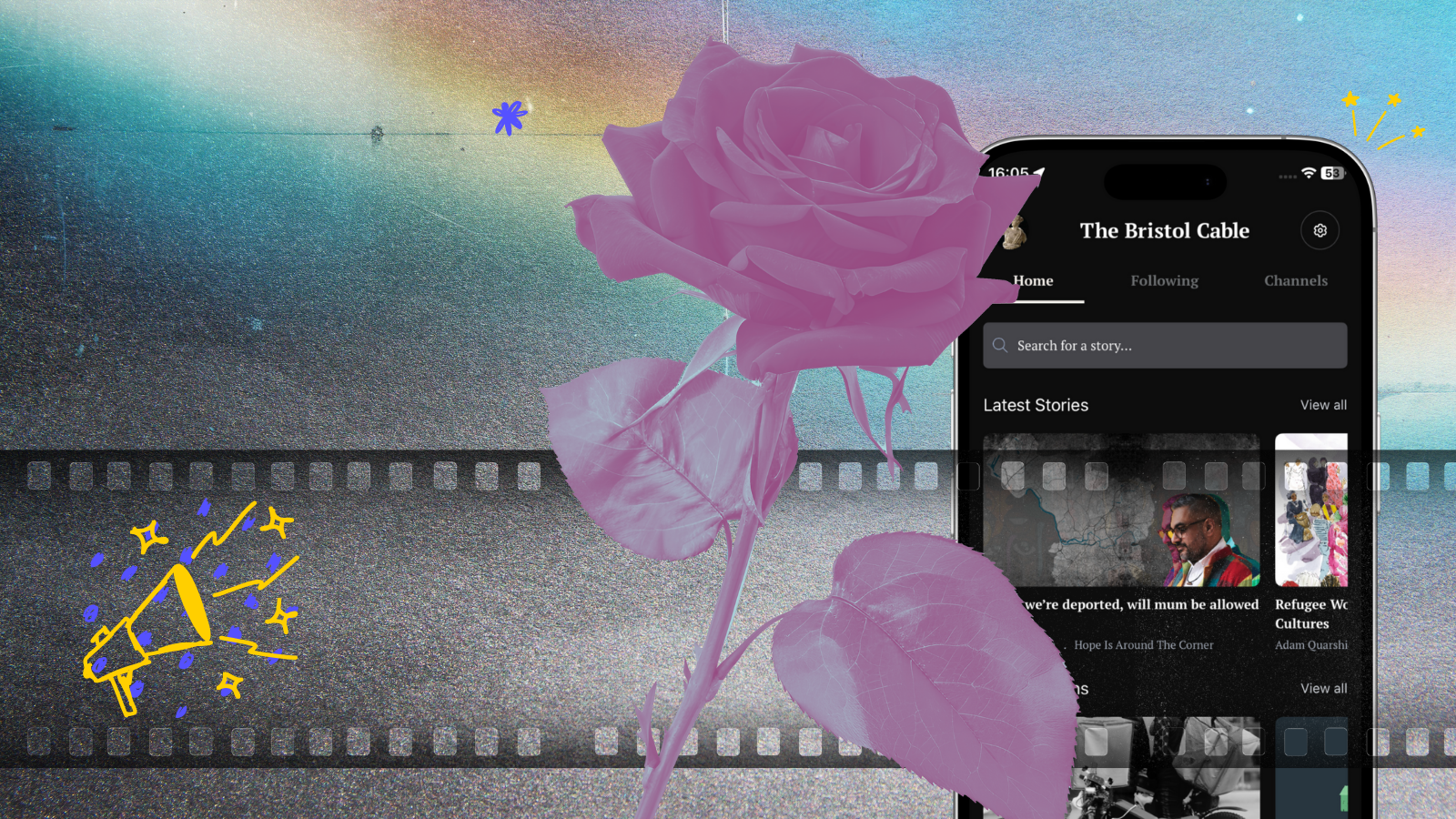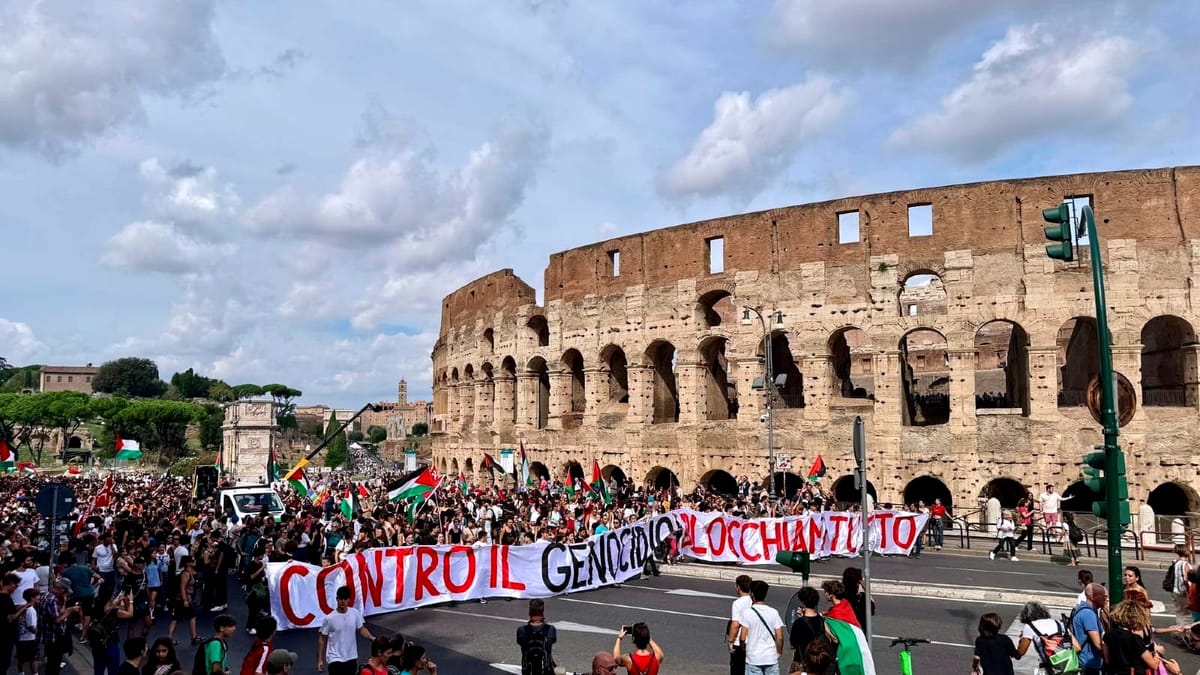Defining a New Kind of Social App

As we prepare to launch a world-first app we've run into a problem. What is it?
Apps are similar to books or music. They have genres. Strict rules that define who they are for, helping us, the consumer, not only discover them but share them.
If I say, "I really like this band, their music is good, you'd like it." What reason do you have to listen to it? You get 'good' music recommendations every day. Unless you're emotionally invested in what I care about, you're not going to bother.
But, if I say. "I really like this rock band, their sound fluctuates from hard rock to indie rock, pulling inspiration from punk and even dipping their toes into house music every so often. They have a strong voice, using their music to call out conservative political regimes. You'd like it." Straight away I am (if you're into that kind of thing) ticking the boxes in your mind that make something worth your time. Now, you're curious. The band is called Nothing But Thieves, honestly, check them out.
In the world of literature, the boundaries are a little stricter. This is because they experience the same issue many of us do, people want to know what it is before they try it. It only takes three minutes to listen to new music, they can blur the boundaries set by genre and you can quickly decide if it works for you. To commit your time to a new book is a different matter.
Not all writers write genre fiction, but those who do tend to agree that there are nine main genres that they write to:
- Horror
- Crime
- Romance
- Science Fiction
- Thriller/Suspense
- Western
- Historical
- Young adult
- Fantasy
Pushing the boundaries of those genres was, once, chaos. Sometimes it still is.
Romantasy, a mash of fantasy and romance, is a 'new' genre that is gaining a lot of attention at the moment, thanks to books like Fourth Wing by Rebecca Yarros or the Throne of Glass series by Sarah J. Maas. The idea of merging fantasy and romance isn't new, stories have been doing it for as old as time. But only now, as these books gain cult-like following, is the language we use to define them becoming commonplace. Book shops now have romantasy stands.
Perhaps even less flexible are the lines of division in our app stores. They are, afterall, hard-coded shop fronts. In the same way you wouldn't expect Tesco to make new shelves for quirky flavoured butters, we don't expect app stores to rebuild to accommodate apps that toe the line.
So, what do we do about a new type of app? And which shelf does it go on in the app store?
What is it?
At the Newsmast Foundation we do a lot of things, but most of that is to do with social media. Now, we're working with multiple organisations to bring them their own social platforms.

It would be simple to say that we have built a social media app. We have. But we've also built something more.
Social apps for local news outlets. News and social in one place. A direct connection between journalists and their community of supporters. Neighbours in a place made for them.
In one app you get:
- Your local news
- Your local community/fellow members
- Connection to the wider Social Web
Everything you'd normally get in a 'news' app: articles, podcasts, investigations.
Everything you'd normally get in a 'social' app: posts, replies, DMs, feeds.
Both aspects connected to the wider Social Web, ensuring that users are connected beyond the local to a worldwide network of open social users.
That means, even if they live in a small town and support their local paper, they can still get updates from their home town's football team.
Describing it
You can see the problem now, right? It's not news. It's not social. It's both.
Now, we don't want to make a new genre. We know we don't have the clout to romantasy the app store, nor do we want it. But we're (as far as we know) the only people building these apps for news publishers. We can't have a genre that belongs to us.
Instead, we have to describe it right. Make sure that we convey what it is in as few words as possible.
Whilst Shakespeare may have been right when he wrote, "That which we call a rose by any other name would smell as sweet." You, fortunately, can't smell an app and you won't be downloading it unless you know what it is and what it does. In this case, and many others in our digital world, the 'rose' is brand value. You know what you're getting.
So, what are you getting? An app that can do news and social. That's connected to the Social Web. That can drive memberships/subscriptions to your local publication.
A news social app? A social news app? Neither of those terms work particularly well. We already have preconceived ideas of what each one is. By putting either word before the other, people imagine that, then with a touch of the other sprinkled in.
Honestly, I don't have an answer yet. I don't know how we describe this without explaining it. It's too big for people to understand.
But we won't succeed unless we find a way that works. Just like the Fediverse and Open Social Web won't.
Maybe it needs a completely new name. Something that people will just accept, as they do 'cookies'.
Maybe this kind of app is a 'picnic', you get your news and gossip whilst being sat in the park with others.
Or, it's a local-led community space, but then where's the news? A local-news-led community space?
To top all of this off, you've also got to put it somewhere in the app store. So you have to decide, what's its core use, under which category should it be listed?
If you have an idea, or know someone who might, please, help me out here. Getting this right could change how the Social Web serves local communities and that's something so many of us agree we need to support!


